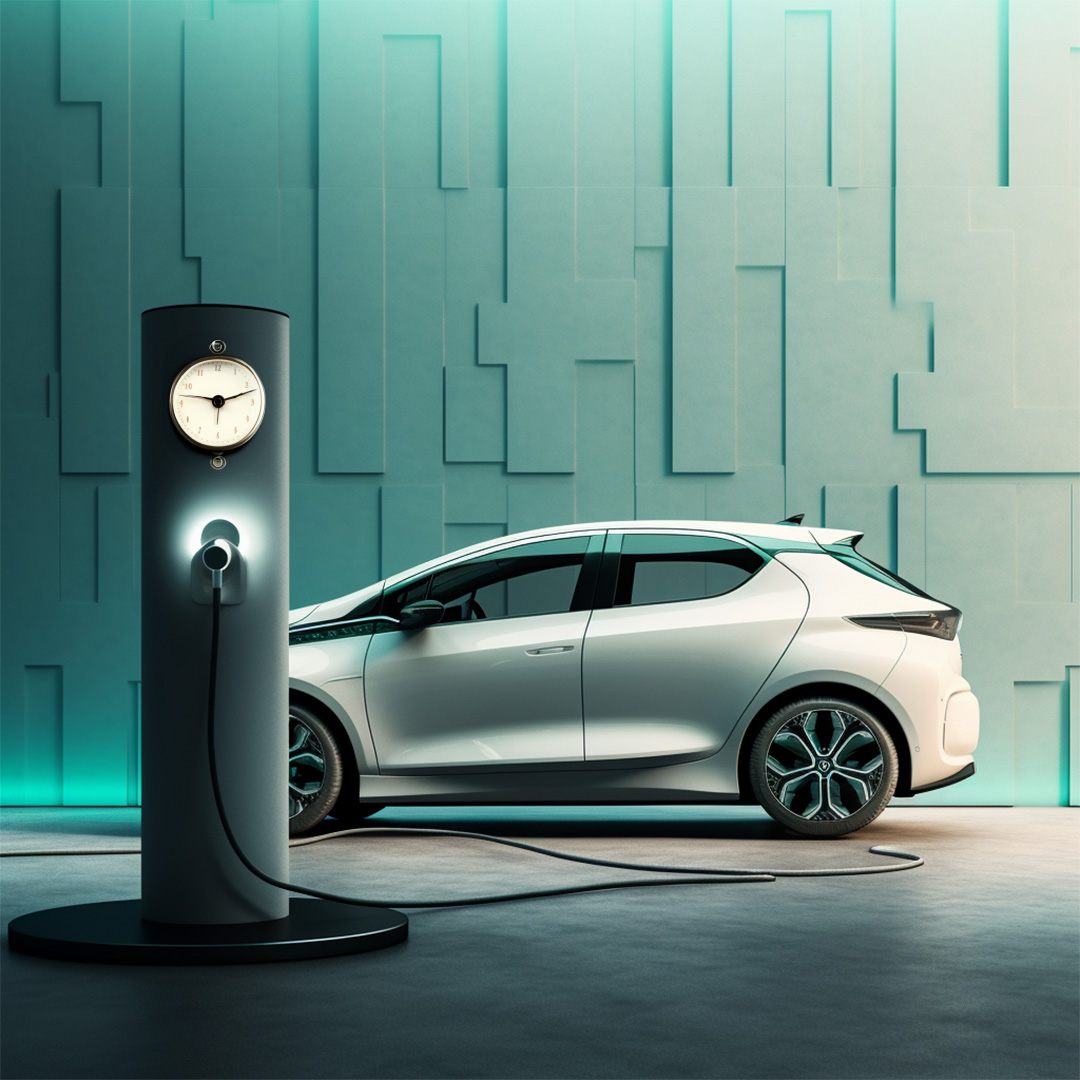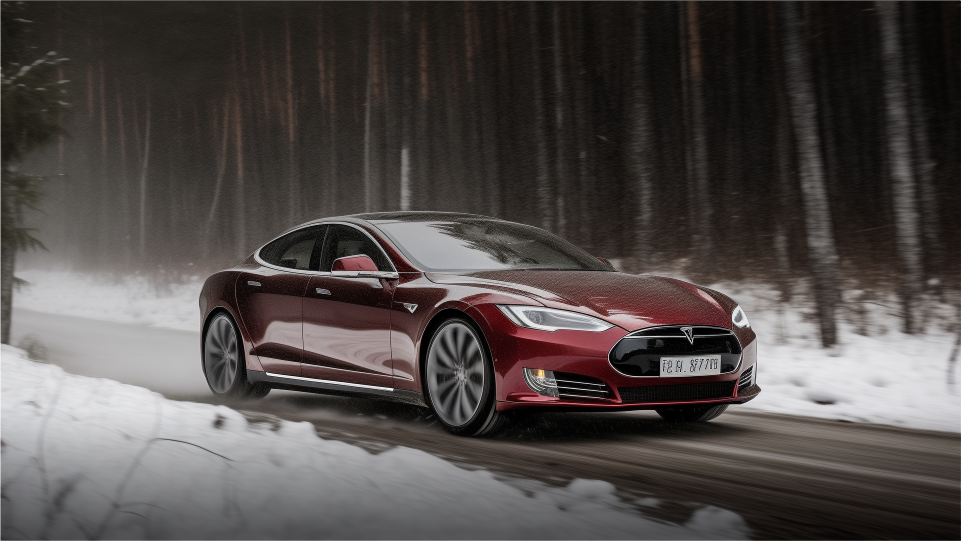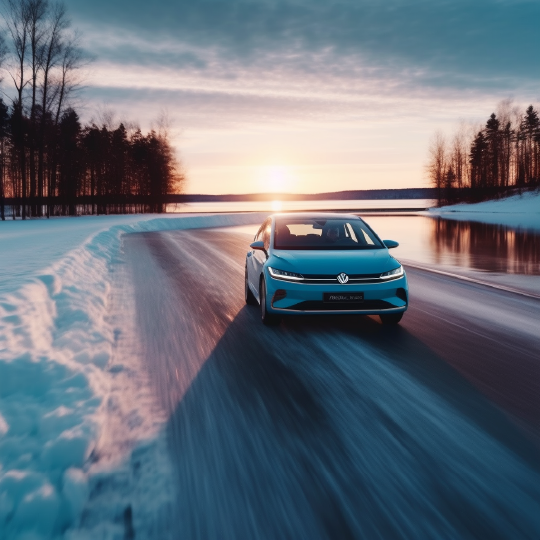Electric vehicles (EVs) are often hailed as a modern response to our contemporary environmental and energy challenges. However, the history of electric cars stretches back further than many realize, painting a rich tapestry of innovation, competition, and resilience. As we transition into a new era of automotive technology, a glance back at the electric car's humble beginnings offers both a fascinating insight and a hopeful outlook on the road ahead.
The birth of electric vehicles
Tracing the birth of the electric car isn't a straightforward endeavor, as it doesn’t belong to a single inventor or a particular nation. Rather, it's the culmination of a series of breakthroughs throughout the 1800s, encompassing the development of batteries and electric motors, that propelled the first electric vehicles onto the roads.
During the initial years of the 19th century, a surge of innovation from Hungary, the Netherlands, and the United States began to shape the idea of battery-powered transportation. Among these early trailblazers was a humble blacksmith from Vermont, crafting some of the first small-scale electric cars. Across the Atlantic, around the same period, Robert Anderson of Britain conceived the first crude electric carriage. However, it wasn’t until the latter half of the century that French and English inventors refined and road-tested some of the first practical electric cars.
In the land of opportunity, the United States saw its first successful electric car emerge around 1890, courtesy of William Morrison, a chemist residing in Des Moines, Iowa. Although his six-passenger vehicle, with a top speed of 14 miles per hour, resembled more of an electrified wagon, it ignited a spark of interest in electric mobility.
The following decade witnessed a proliferation of electric vehicles across the United States. New York City, for instance, boasted a fleet of over 60 electric taxis. By the dawn of the 20th century, the electric car was in its prime, representing about a third of all vehicles on the road. The first decade of the 1900s saw the electric car market thrive, showcasing robust sales and a promising future.
The rise, fall, and obscurity
Electric cars enjoyed a brief spell of popularity in the late 19th and early 20th centuries. However, as the internal combustion engine evolved, offering longer ranges and faster speeds, the electric car soon faded into obscurity.
The narrative took a fresh twist as the calendar flipped to the late 1960s and early 1970s. The period was marked by skyrocketing oil prices and crippling gasoline shortages, climaxing with the 1973 Arab Oil Embargo. This energy crisis intensified the desire to lessen the U.S.'s reliance on overseas oil and to explore domestic fuel alternatives. Seizing the moment, Congress enacted the Electric and Hybrid Vehicle Research, Development, and Demonstration Act of 1976. This pivotal legislation empowered the Energy Department to champion research and development initiatives focused on electric and hybrid vehicles, planting seeds for a renewed interest in electric mobility.
Modern electric revival
As decades progressed, concerns about environmental degradation and the finite nature of fossil fuels resurfaced. Innovators and engineers revisited electric cars, but this time with advanced technologies and a greater understanding of ecological imperatives.
Today, brands like Tesla, Nissan, and Chevrolet are not merely producing electric cars as an alternative to traditional vehicles, but as superior machines in terms of efficiency, performance, and innovation. With advancements in battery technology, infrastructure, and public sentiment, electric vehicles are no longer the underdogs; they're leaders paving the way for a more sustainable future.
The road ahead
From their nascent stages in the 19th century to the sophisticated marvels on our roads today, electric cars have come full circle. While challenges still exist, like expanding charging infrastructure and reducing battery production costs, the trajectory of electric vehicles is clear. They aren't just a part of automotive history; they're an integral component of its future.
As we navigate this electric age, we're reminded that technology is never linear. Today's electric vehicles are the fruits of centuries of innovation, competition, setbacks, and revivals. As we look back at the electric car's journey, from its earliest beginnings to the high-tech machines of today, it's a testament to human ingenuity and perseverance. And who knows? Maybe in another century, we'll reminisce about the "early days" of electric vehicles, marveling at how far we've come.





